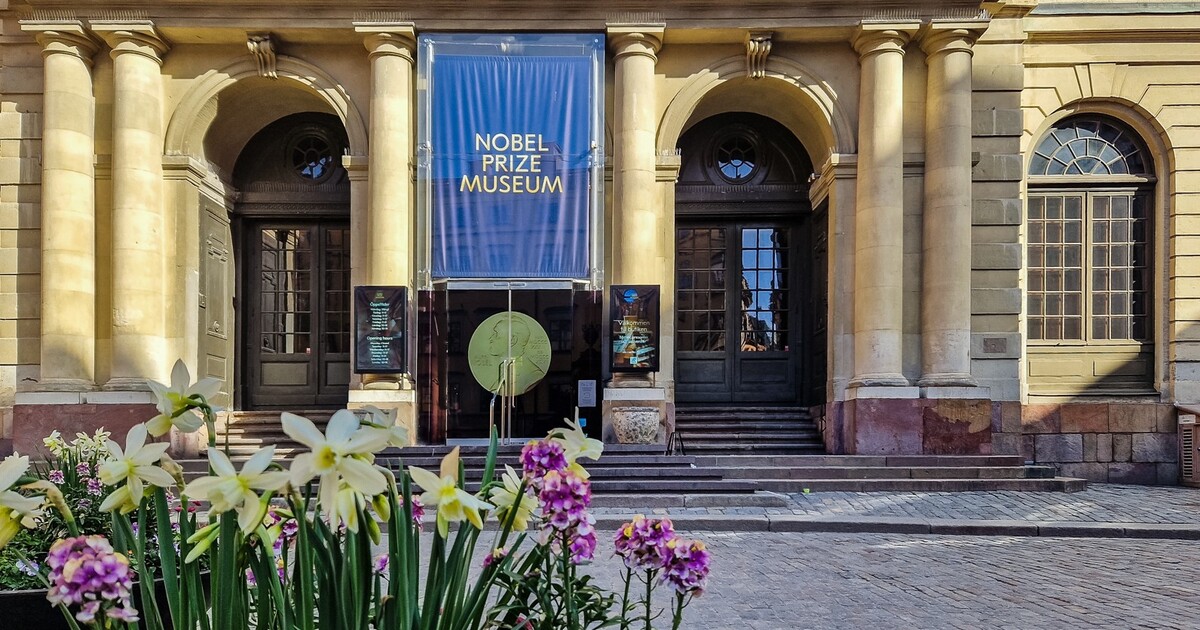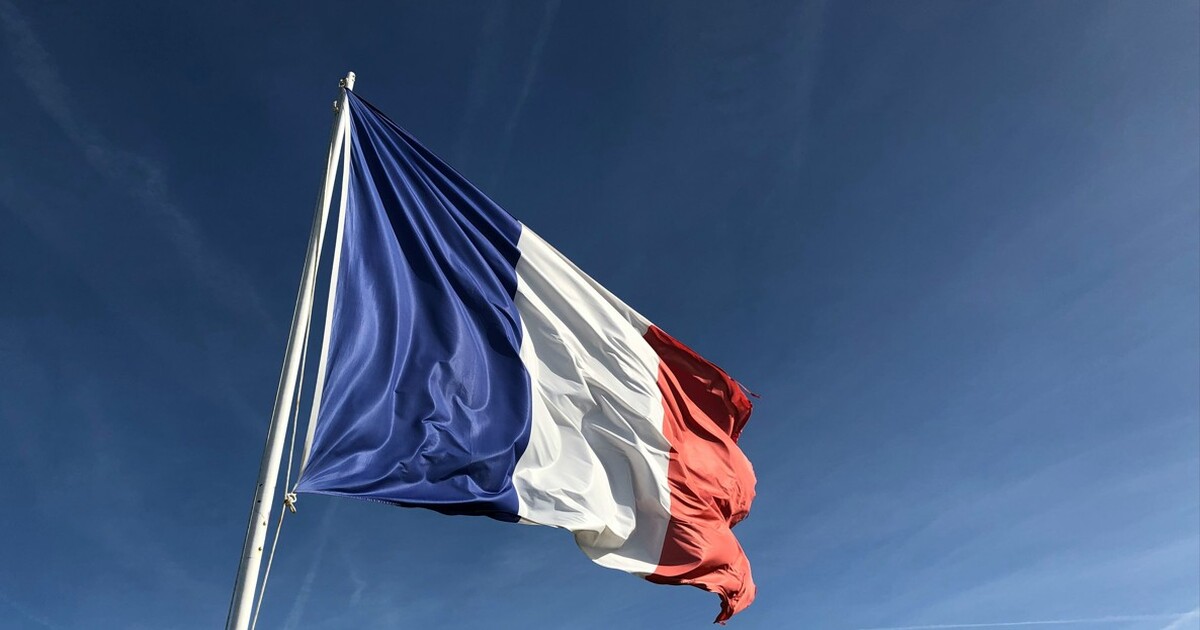Nobel Peace Prizes: The Inside Story
Why it is a good bet that 2025 may well be the 20th time the Nobel Committee does not award a prize.
September 6, 2025

If you are the United States Ambassador to Norway, as I was from 1993 to 1998, the politics of the Nobel Peace Prize comes to your inbox every October when the prize recipient is announced by the Nobel Committee.
Four U.S. Presidents so far
Since the prize was first awarded in 1901, a total of four U.S. Presidents have received the award. Theodor Roosevelt in 1906, Woodrow Wilson in 1919, Jimmy Carter in 2002 and Barack Obama in 2009.
What does it take to get the Peace Prize?
Theodore Roosevelt was awarded the Peace Prize in 1906 in recognition of his efforts to broker a peaceful end to the Russo-Japanese War. The Prize was awarded only after the peace treaty was signed by all parties. In his Nobel Lecture, he called for an organization of nations to end war.
Woodrow Wilson received it in 1919 for helping end the First World War and founding the League of Nations, which was the type of organization Roosevelt envisioned.
Again, the Prize only came after the Treaty of Versailles ending the First World War was signed and, important for the Nobel Committee, included the creation of the League of Nations.
The prize went to Jimmy Carter in 2002 for “his decades of untiring effort to find peaceful solutions to international conflicts, to advance democracy and human rights, and to promote economic and social development.”
The Obama controversy
Barack Obama was awarded the prize in 2009 for his promotion of nuclear nonproliferation and his support of multilateral diplomacy.
This award was criticized but the committee felt vindicated in 2010 when Obama successfully negotiated with President Dmitry Medvedev of the Russian Federation the new START treaty. It outlines verifiable measures for the “Further Reduction and Limitation of Strategic Offensive Arms.”
(Putin, formerly and currently the president, was prime minister at the time.) As it happens, the treaty expires soon, on February 5, 2026.
The late Geir Lundestad, the Director of the Nobel Institute from 1990 to 2014, , stated after he retired that he regretted the awarding of this particular prize.
In particular, he criticized the decision to appoint former Labour Party Norwegian Prime Minister Thorbjorn Jagland to the Committee because this damaged the Committee’s reputation for independence. Jagland was the Chairman of the Committee in 2009, when Obama received the peace prize.
Not awarded every year
There have been 19 times the prize was not awarded: The years of the First World War and the Second World War and several times there has not been a living candidate thought suitable.
The prize must be given to a living person. The year Ghandi died, there was no prize and that was how he was honored.
Why in Oslo?
When Swedish arms merchant Alfred Nobel (invented dynamite) died in 1896, he left money to establish Nobel Prizes to be awarded in Stockholm.
The only exception is for the peace prize which is awarded every December 10th in Oslo. Alfred Nobel thought the Norwegians were “more peaceful.”
Who serves on the Committee?
The Award recipient is chosen by a vote of the five members of the Nobel Peace Prize Committee. Members are chosen by the political parties represented in the Norwegian Parliament. They cannot be members of the Parliament. The largest party, which has been Labour, gets two of the five.
This eminent group usually started their careers as party politicians who went on to be venerable elder statesmen and women. Their party lineage is why they get chosen in almost every case.
Any meddling in choosing the prize recipient by a government in power is strictly forbidden. It would be a major scandal for the prime minister and enough to bring the government down.
Who can suggest candidates?
There is an official list of organizations and individuals who can nominate prize candidates. The nominations are in the hundreds and only made public after fifty years.
This is why there is an annual game around the world of politicians announcing they have been nominated, usually before an election.
Consider the avalanche of names that comes from this category alone of eligible nominators: “University professors, professors emeriti and associate professors of history, social sciences, law, philosophy, theology, and religion, university rectors and university directors (or their equivalents), directors of peace research institutes and foreign policy institutes.”
I lobbied myself
In my several years as U.S. Ambassador to Norway from 1993 to 1998, I did try to influence the prize decision. Not by lobbying the Committee but with champagne glass in hand and strategically constructed seating arrangements at dinners, I diplomatically lobbied for the prize on behalf of Jimmy Carter.
I made a similarly determined effort on behalf of my friend Richard Holbrooke for negotiating the Dayton Accords ending the war in the Balkans. A shame that he did not get a co-prize in 1997.
What about 2025?
A good bet is that 2025 will be the 20th time the Nobel Committee does not award a prize. (You can place bets on the prize at Fanduel and Draftkings.)
Why might there be no prize in 2025? Two reasons: No suitable person, a reason given several times, the looming nuclear arms race.
The Norwegian local angle
And, as all politics is local, not awarding any peace prize this year would be a statement on what is happening to Norway, which is a hot new Cold War in the Arctic on its — and NATO’s — border with Putin’s Russia.
Most Norwegians, in a recent poll, said they expect a new conflict in Europe. The Peace Research Institute of Oslo’s survey shows a rise in fear of war among Norwegians.
The Norwegian Prime Minister has issued a White Paper to inform the country on preparations underway for “crisis and war.”
Editor’s note: This is an edited version of an article that first appeared in www.Wispolitics.com. He is also the author of the prize-winning memoir “Mission to Oslo: Dancing with the Queen, Dealmaking with the Russians, Shaping History.”
Takeaways
There have been 19 times the Nobel Prize was not awarded: The years of the First World War and the Second World War and several times there has not been a living candidate thought suitable.
The peace prize is awarded in Oslo. Alfred Nobel thought the Norwegians were “more peaceful.”
There is an official list of organizations and individuals who can nominate prize candidates. The nominations are in the hundreds and only made public after fifty years.
A good bet is that 2025 will be the 20th time the Nobel Committee does not award a prize. (You can place bets on the prize at Fanduel and Draftkings.)
Why might there be no prize in 2025? Two reasons: No suitable person, a reason given several times, the looming nuclear arms race.

